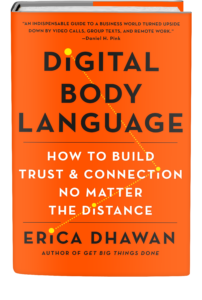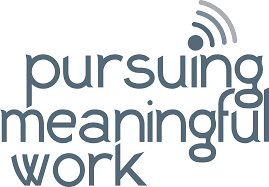I am not I
I am this one
Walking beside me whom I do not see.
Whom at times I manage to visit,
And at other times I forget.
The one who remains silent when I talk,
The one who forgives, sweet, when I hate,
The one who takes a walk when I am indoors,
The one who will remain standing when I die.
Juan Ramón Jimenéz
(1881 – 1958)



